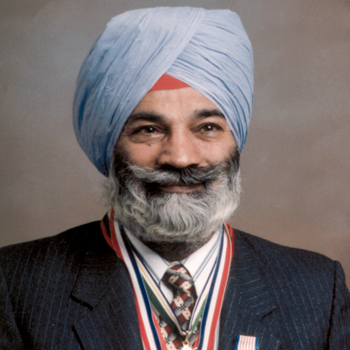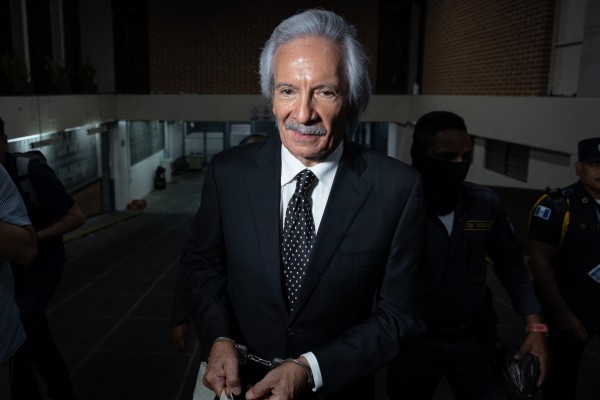Tara Singh Hayer, founder of the Indo-Canadian Times, was shot to death in the garage of his home in Surrey, British Columbia, on November 18, 1998, as he was getting out of his car and into a wheelchair. An energetic and outspoken figure in British Columbia’s large Sikh community, he was the first journalist to be killed in Canada for his work.
This wasn’t the first time Hayer had been a victim. In 1988, an assassination attempt left him partially paralysed. Many believed the perpetrator, a teenager who was convicted and sentenced to 14 years in jail before being deported, was part of a militant group offended by the publisher’s condemnation of the 1985 bombing of Air India Flight 182, which killed 329 people. Hayer received numerous death threats after that first attack, but they did not deter him from hard-hitting columns in his newspaper, the largest and oldest Punjabi-language weekly in North America.
Shaheed Tara Singh Hayer was born in Paddi Jagir, a small village in Punjab, India, on November 15, 1936. After emigrating to Canada in 1970, he worked as a miner, teacher and truck driver, among other jobs, before he founded the Indo-Canadian Times in the Vancouver area in 1978. He received numerous awards, including the Order of Canada, the country’s highest civilian award. He campaigned tirelessly for freedom of expression, as well as tolerance, peace and greater understanding between ethnic and cultural groups, and against violence and extremism.
Hayer was a Sikh who supported the moderate side in a factional battle that has raged for years in British Columbia. His target was violent Sikh fundamentalists seeking the leadership of the western province’s 70,000 Sikhs and an independent Sikh homeland in India. His reporting frequently incurred the wrath of Sikh hard-liners and landed him on a hit list. In 1986, a bomb was discovered outside his printing plant, and in 1988 he was excommunicated by a Sikh high priest in Amritsar, India, in an edict that also forbade all Sikhs from buying or reading the Indo-Canadian Times.
Hayer’s killing was believed by some to be an attempt to intimidate voters prior to upcoming Sikh temple elections in Vancouver and Abbotsford, British Columbia. According to friends of Hayer, police had ignored the threats and violence of fundamentalists in the region.
“We believe Hayer should have been offered full police protection based on repeated threats to his life,” said Bikar Singh Dhillon, a former temple president and himself a target of an assassination attempt in 1991.
Just a week before his murder, Hayer said that he was not concerned by ongoing threats to his life. “If they get me, they get me. There’s nothing I can do, and I’m not going to stop my work.”
After interviewing more than 200 people, police suggested that the murder was motivated by an editorial that appeared in Hayer’s paper rather than a political or religious dispute. To date, no one has been charged with the killing.
In November 1999, the Canadian Journalists for Free Expression inaugurated the CJFE Tara Singh Hayer Memorial Award in Hayer’s honour. At the awards dinner, Hayer’s son, David, who has continued to put out the paper, said that his father’s death demonstrates that attacks on the press can take place even in Canada and that his dedication should give courage to all journalists who are persecuted for their work.



